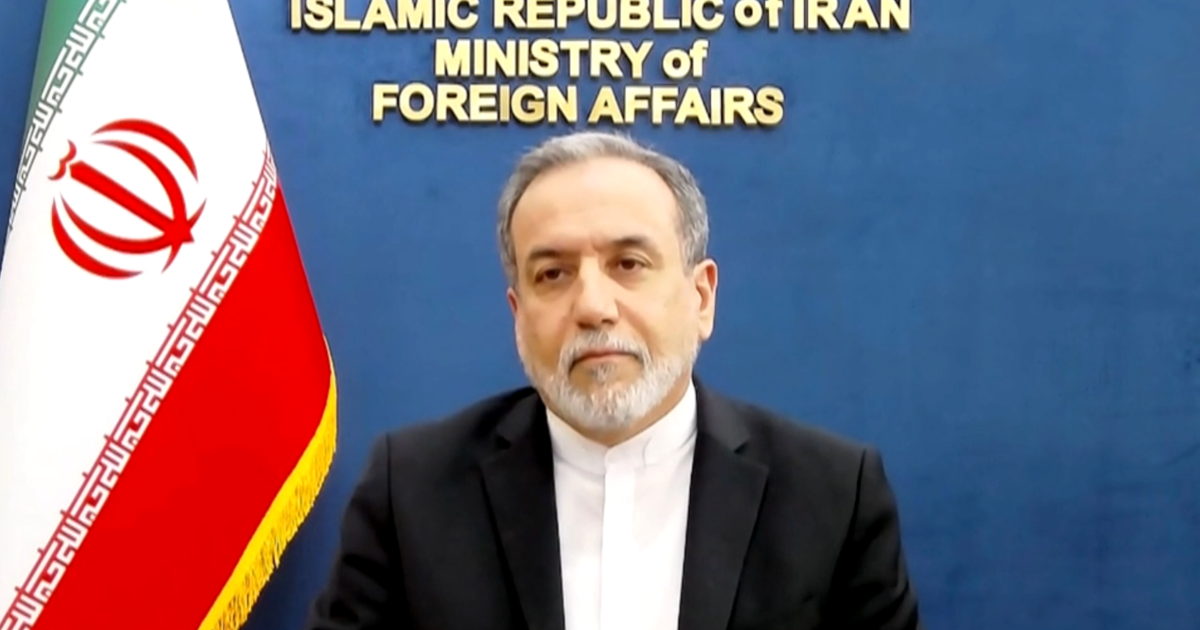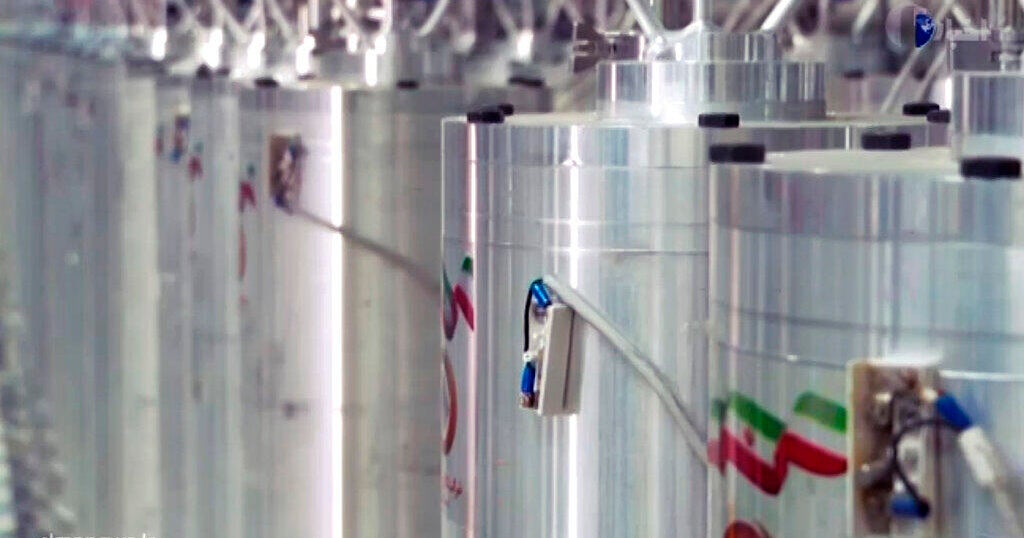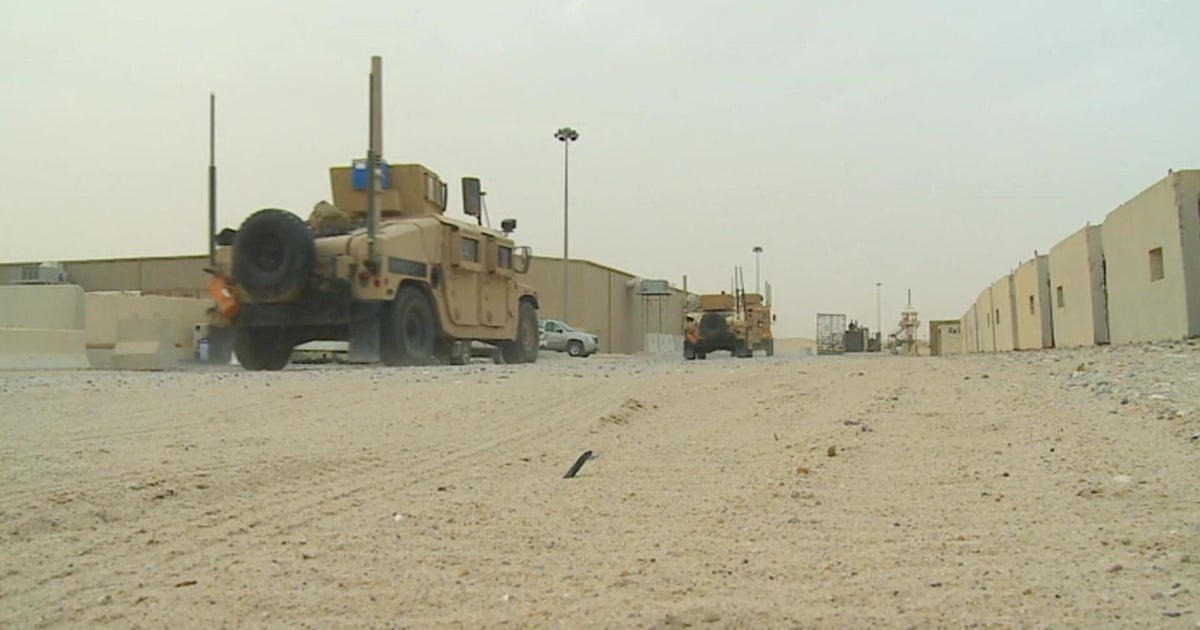Tillerson says he doesn't know Trump's decision on Iran deal
Secretary of State Rex Tillerson said Wednesday that while President Trump has made a decision on the Iran deal, Tillerson doesn't know what the commander-in-chief has decided.
"He has not shared that with anyone externally," Tillerson said of Mr. Trump. Tillerson chuckled as he said Trump will reveal his decision "when he thinks it is useful to let you know." He described Mr. Trump's thinking as "very deliberative," saying he is studying if the deal serves the interests of the American people.
Tillerson made these comments after a meeting at the U.N. on the Iran deal. He said that all of the parties at the table agreed that Iran is in technical compliance with the deal, yet reiterated that the US has "significant issues" with the agreement.
Iranian President Hassan Rouhani has said there should be no alterations to the deal, but when asked about Rouhani's comments, Tillerson -- the lead U.S. diplomat on the deal -- said he has learned to "never say never" about any negotiation.
"As the nation's chief diplomat, I better be the most optimistic person standing in the room," Tillerson said. "It always gets the darkest before you might have breakthrough."
There have been growing tensions between Tillerson and U.S. ambassador to the U.N. Nikki Haley over who owns the Iran foreign policy portfolio. Haley was also in the Iran meeting on Wednesday, though in the past U.S. ambassador did not attend such meetings. And earlier this month, Haley gave speech laying out the potential path the US could take to decertify Iran.
"The truth is, the Iran deal has so many flaws that it's tempting to leave it," Haley said in a speech that was not coordinated with the State Department. "Iran has been caught in multiple violations over the past year and a half."
While Tillerson is not a fan of the deal as it stands, he not been a staunch advocate for entirely ripping it up.
"My view on the nuclear deal is they are in technical compliance of the nuclear arrangement," Tillerson said on Face the Nation and he reiterated that sentiment on Wednesday. Tillerson has also said Iran is in "default" of the deal's exceptions in the preamble which states that the deal should drive down tensions between Iran and the rest of the world.
Over the past few weeks the world has been watching the U.S., and pushing back on ditching the deal.
"The North Korea crisis shows the importance of having arrangements such as the JCPOA," British Foreign Secretary Boris Johnson said as he stood next to Tillerson at a press conference in London. British diplomats say the sunset clause, which ends the deal in 2025, needs to be looked at closely. They add that the deal, as it stands, does not preclude non-nuclear sanctions.
Tillerson has called the sunset clause a primary shortcoming of the deal. Still, Johnson showed no public indication of Britian advocating to adjust the deal as it stands. He said it is important to "make the deal work" because as the deadline looms closer the situation gets more tense. "We in the U.K. want to keep that alive and that is certainly a point we will be making to Rex and others," Johnson said.
Though countries that are not party to the agreement, especially those in the region, are less weary of the U.S. leaving the deal, citing Iran's growing missile technology and backing of terrorist organizations as examples for how the deal is not working.
"We can live with that," a senior Gulf official said when asked about the U.S. possibly pulling out of the Iran deal. "Part of the deal and the political justification of the deal was that it would allow for a moderate Iran to emerge. From day one we thought that was fantasy and we still think that is fantasy."




